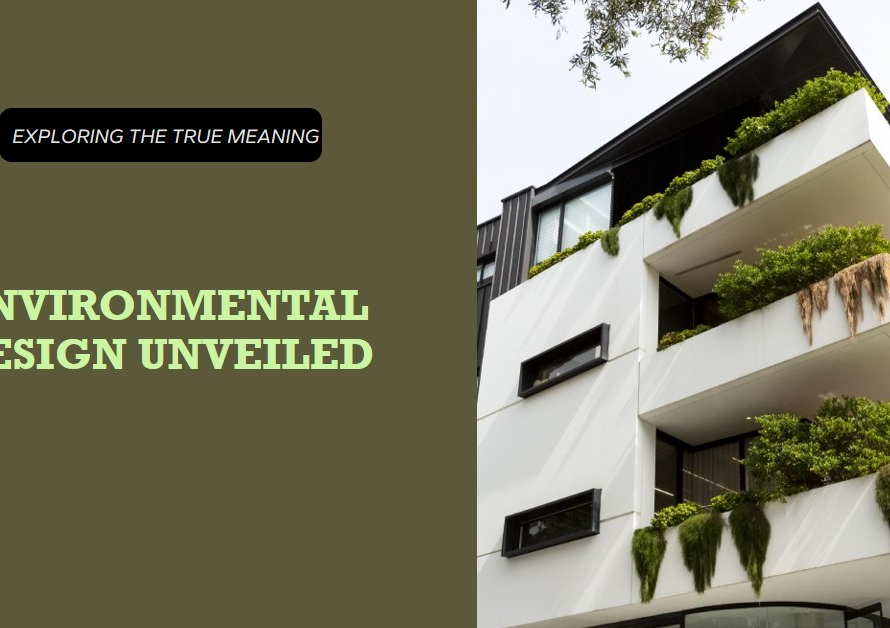
Table of Contents
- Embracing Green Technology: The Eco-Friendly Revolution
- Smart HVAC Systems: The Future is Intelligent
- Indoor Air Quality: A Growing Priority
- Energy Efficiency: A Persistent Pursuit
- The Rise of Renewable Integration
- Predictive Maintenance: Proactive Solutions
- Personalized Comfort: Tailored HVAC Solutions
- The Impact of Regulations and Standards
- The Future of HVAC: Emerging Technologies
- Conclusion: Navigating the HVAC Industry’s Evolution
Embracing Green Technology: The Eco-Friendly Revolution
The HVAC industry is witnessing a monumental shift towards green technology. Environmental concerns and stricter regulations have driven companies to innovate and adopt eco-friendly practices. Green HVAC systems, which prioritize energy efficiency and minimal environmental impact, are now at the forefront of this transformation.
Incorporating renewable energy sources like solar and geothermal power into HVAC systems is becoming increasingly common. These advancements not only reduce carbon footprints but also offer long-term cost savings for consumers. As the world moves towards sustainability, the HVAC industry is poised to lead the way with cutting-edge green technology.
Smart HVAC Systems: The Future is Intelligent
Smart technology is revolutionizing the HVAC industry by introducing systems that offer unparalleled control and efficiency. Smart HVAC systems leverage the Internet of Things (IoT) to connect devices and provide real-time data and automation. Homeowners and businesses can now monitor and adjust their HVAC settings remotely via smartphones or computers.
Moreover, these intelligent systems learn user preferences over time, optimizing performance and reducing energy consumption. With predictive maintenance features, smart HVAC systems can also alert users to potential issues before they become costly problems, ensuring seamless operation and prolonged system lifespan.
Indoor Air Quality: A Growing Priority
Indoor air quality (IAQ) has become a critical concern, especially in the wake of the COVID-19 pandemic. The HVAC industry is responding by developing advanced air purification and filtration systems designed to remove pollutants, allergens, and pathogens from indoor environments.
Technologies such as UV-C light purification and high-efficiency particulate air (HEPA) filters are gaining popularity. These systems not only improve air quality but also contribute to healthier living and working spaces. As awareness of IAQ grows, the demand for HVAC solutions that ensure clean and safe indoor air will continue to rise.
Energy Efficiency: A Persistent Pursuit
Energy efficiency remains a cornerstone of HVAC industry advancements. With rising energy costs and increasing environmental concerns, there is a relentless push to develop more efficient systems. Modern HVAC units are now designed to use less energy while delivering optimal performance.
Innovations such as variable refrigerant flow (VRF) systems and advanced heat pumps are leading the charge. These technologies offer precise temperature control and reduced energy consumption. As energy efficiency becomes a key selling point, manufacturers are constantly refining their products to meet and exceed regulatory standards.
The Rise of Renewable Integration
Renewable energy integration in HVAC systems is not just a trend; it’s a necessity. The push towards sustainability has led to the development of systems that harness renewable energy sources. Solar-powered HVAC systems, for instance, are gaining traction due to their ability to significantly reduce electricity usage and costs.
Geothermal systems, which utilize the stable temperature of the earth to heat and cool buildings, are also becoming more prevalent. These systems offer a sustainable and efficient alternative to traditional HVAC methods, aligning with global efforts to reduce reliance on fossil fuels and mitigate climate change.


Predictive Maintenance: Proactive Solutions
Predictive maintenance is transforming the way HVAC systems are maintained and serviced. By utilizing data analytics and machine learning, HVAC systems can now predict potential failures and maintenance needs before they occur. This proactive approach reduces downtime and prevents costly repairs.
Service providers can monitor system performance in real-time, identifying issues such as component wear and system inefficiencies. Predictive maintenance not only enhances system reliability but also extends the lifespan of HVAC units, providing significant cost savings for consumers and businesses alike.
Personalized Comfort: Tailored HVAC Solutions
Modern consumers demand personalized comfort, and the HVAC industry is responding with tailored solutions. Advances in technology allow for highly customizable HVAC systems that cater to individual preferences and specific environmental conditions. Zoning systems, for example, enable different areas of a building to be heated or cooled independently.
Furthermore, smart thermostats can learn user habits and adjust settings automatically to ensure maximum comfort. These personalized HVAC solutions provide a superior user experience, enhancing satisfaction and increasing the value of HVAC investments.
The Impact of Regulations and Standards
Regulations and standards play a crucial role in shaping the HVAC industry. Governments and regulatory bodies worldwide are implementing stricter energy efficiency and environmental standards, compelling manufacturers to innovate and comply. These regulations ensure that HVAC systems are not only efficient but also environmentally friendly.
Compliance with these standards often drives technological advancements and leads to the development of more sustainable HVAC solutions. As regulations continue to evolve, the HVAC industry must stay ahead of the curve, adopting new technologies and practices to meet these stringent requirements.
The Future of HVAC: Emerging Technologies
The future of the HVAC industry is bright, with several emerging technologies poised to make a significant impact. Innovations such as blockchain for energy management, advanced AI-driven controls, and cutting-edge materials are on the horizon. These technologies promise to enhance system efficiency, reliability, and sustainability.
Blockchain technology, for instance, can provide transparent and secure energy management solutions, optimizing energy distribution and usage. AI-driven controls offer unprecedented precision in HVAC operations, while new materials can improve system performance and durability. As these technologies mature, they will redefine the HVAC landscape, setting new benchmarks for the industry.
Conclusion: Navigating the HVAC Industry’s Evolution
The HVAC industry is undergoing a remarkable transformation, driven by advancements in technology, increased focus on sustainability, and evolving consumer demands. From green technology and smart systems to personalized comfort and predictive maintenance, the future of HVAC is dynamic and promising.
Staying informed about these trends and adopting innovative solutions will be crucial for businesses and consumers alike. As the industry continues to evolve, those who embrace change and invest in cutting-edge technologies will lead the way in creating a more efficient, sustainable, and comfortable world.


